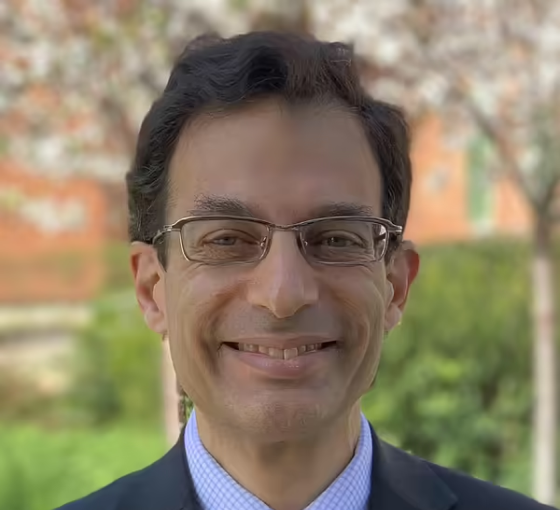Village Square: Why the strength of our neighborhoods is so important to our lives
Many years ago, I wrote a column for USA TODAY that made a curious observation: you can reliably predict the divorce rate in any U.S. state by knowing the number of days-in-a-year women there can wear bathing suits. The more days suitable for sunbathing, the higher the divorce rate.
At the time, more than 60% of all divorces in the U.S. took place in Sun Belt states, even though only 40% of the U.S. population lived below what I called the “tan line” (the northern border of North Carolina, North Carolina, Tennessee, Arkansas, Oklahoma, and so forth out west).

Now, my point in making this curious connection wasn’t simply to illustrate the social science axiom that “correlation doesn’t necessarily equal causation.” It was to highlight some fascinating research that identified “geographic rootedness” as the actual (or at least the primary) reason why less-transient Snowbelt states typically have lower divorce rates than more-fluid Sunbelt states.
According to sociologist Norval Glenn, marriages in deeply rooted areas are more stable than those in transient places because individuals in close-knit communities often marry people they (and their families) have long known. And once married, these couples find themselves enmeshed in larger, inter-generational networks of people who can help them navigate the inevitable storms of wedded life.
This research on “geographic rootedness” came to my mind recently while reading Seth Kaplan’s new book, “Fragile Neighborhoods: Repairing American Society One Zip Code at a Time.”

Kaplan, a scholar at Johns Hopkins University, will be headlining The Village Square’s upcoming “Dinner at the Square” on Tuesday, March 5. And he will be explaining what he found when he compared the United States to many “fragile states” he has studied around the world.
“The U.S. is fragile,” Kaplan concludes, but not in way one might think. “Our government is democratically elected and stable,” and our dynamic economy produces a standard of living that is “the envy of the world.”
“It’s American society that is in trouble – from gun violence in Baltimore to teens committing suicide in Palo Alto,” Kaplan continues. “Our prosperity as a nation doesn’t seem to have improved our well-being,” he says. “If anything, it has left millions of people and families feeling more alienated and discontented than ever.”
Indeed, Kaplan argues that in addition to the economic poverty that comes to mind when we hear the term “fragile neighborhoods,” there is a profound “social poverty” plaguing many places we think of as “solidly middle-class” or even “well-to-do.” And this social poverty stems, in part, from the lack of vibrant local institutions fostering robust social connections.
Put another way, many Americans raised on “Sesame Street” now have a hard time answering the question, “Who are the people in your neighborhood?” And many now have relatively few “middle-ring” relationships – that is, people outside your close friends and family with whom you might have a conversation at the grocery store, the gym, the park, or the local church.
Thankfully, Kaplan’s message isn’t all doom and gloom. In fact, his book features several “place-based” initiatives around the country that are working “sideways” (neighbor-to-neighbor and community-to-community) to restore fraying connections and social bonds. Kaplan’s dinner presentation will highlight two such case studies that have close ties to Tallahassee.
Now, I’d love to tell you more about these case studies and about Kaplan’s larger thesis. But I’ve found that columns about upcoming events are a lot like bathing suits – they shouldn’t reveal everything.
So, please get yourself a ticket and plan to attend The Village Square dinner. It promises to be well worth your time.

William Mattox is a long-time board member of The Village Square. His day job is with The James Madison Institute, which is sponsoring Tuesday’s dinner. For more information about the Tuesday, March 5th "Fragile Neighborhoods" Dinner at the Square visit The Village Square online at https://tlh.villagesquare.us/event/fragile-neighborhoods/
JOIN THE CONVERSATION
Send letters to the editor (up to 200 words) or Your Turn columns (about 500 words) to letters@tallahassee.com. Please include your address for verification purposes only, and if you send a Your Turn, also include a photo and 1-2 line bio of yourself. You can also submit anonymous Zing!s at Tallahassee.com/Zing. Submissions are published on a space-available basis. All submissions may be edited for content, clarity and length, and may also be published by any part of the USA TODAY NETWORK.
This article originally appeared on Tallahassee Democrat: Village Square dinner to address link between neighborhoods, our lives

